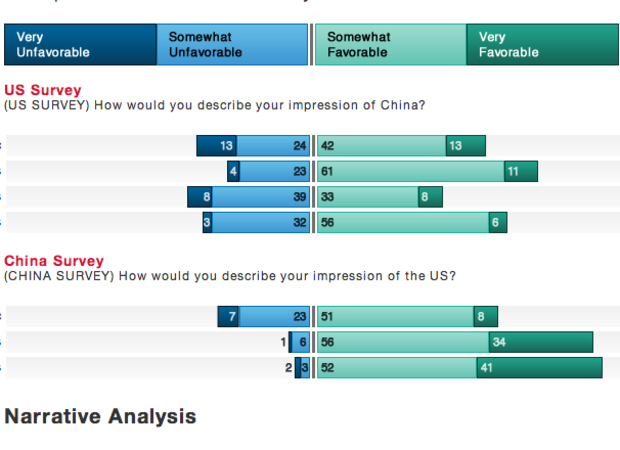
Sino-American Perceptions
from Sinica PodcastThis week on Sinica, Kaiser Kuo is joined by two guests from the Committee of 100, an organization formed over twenty years ago by I.M. Pei and other prominent Chinese-Americans to address...

This week on Sinica, Kaiser Kuo is joined by two guests from the Committee of 100, an organization formed over twenty years ago by I.M. Pei and other prominent Chinese-Americans to address...
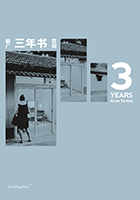
Arrow Factory is an independently run art space located in a narrow 200-year-old alleyway in the center of Beijing. Founded in 2008, Arrow Factory reclaimed an existing storefront and transformed it into a space for site-specific installations and projects by contemporary artists that are designed to be viewed from the street twenty-four hours a day, seven days a week.
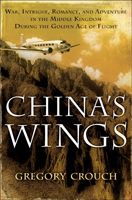
From the acclaimed author of Enduring Patagonia comes a dazzling tale of aerial adventure set against the roiling backdrop of war in Asia. The incredible real-life saga of the flying band of brothers who opened the skies over China in the years leading up to World War II—and boldly safeguarded them during that conflict—China’s Wings is one of the most exhilarating untold chapters in the annals of flight.
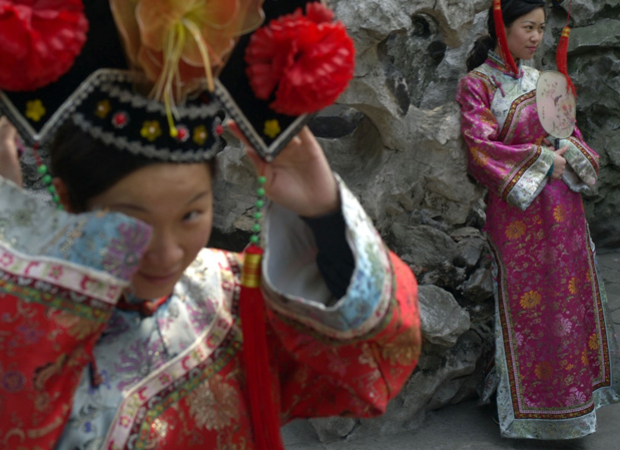
Archers, tiger hunters, and horse-riders from beyond the Great Wall, the Manchu people made their first mark on history as founders of the Northern Jin Dynasty (1115-1234) before consolidating their influence in 1644 when their militaristic...
On June 14th, 2012 a Foxconn worker jumped to his death from his apartment building in Chengdu, marking the 18th reported worker suicide at Foxconn factories in China in just over two years. Many additional suicides may have gone unreported. But...
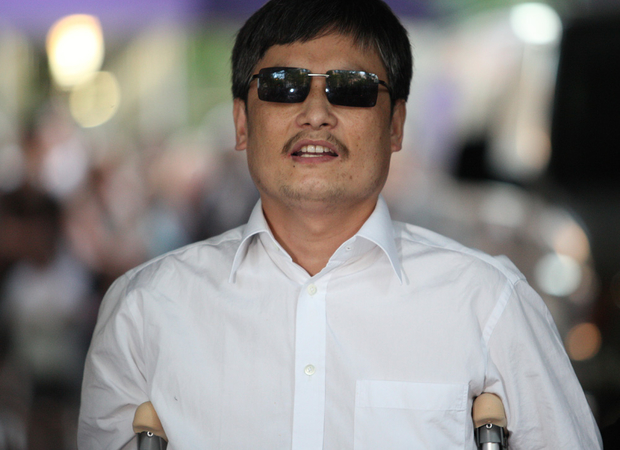
The Chinese legal activist Chen Guangcheng arrived in the United States last month following top-level negotiations between U.S. and Chinese officials. Several weeks earlier, Chen had dramatically escaped from house arrest in his village in...
Since June 2011, an estimated 75,000 ethnic Kachin have hostilities between the Burmese army and the Kachin Independence Army (KIA) in northern Burma. Thousands of them have sought refuge in southwestern China’s Yunnan province, where the Chinese...
The re-establishment of U.S.-China relations in 1971 marked a strategic step that ended China’s isolation and transformed the global balance of power. Since that historic milestone, the United States as an established superpower and China as an...

While the African community in Guangzhou has taken to the streets to protest the suspicious death of a foreign national in police custody, the Chinese Internet has proven equally volatile as gruesome photos of a late-stage abortion have...
“I told President Obama the leaders of the Chinese Communist Party are missing a part of the brain, the part that contains common sense,” the Dalai Lama said to me during our conversation in London Wednesday.
But it can be put
...

Mao’s Invisible Hand is one of those books that make one feel good about scholarship. It describes inner workings of Chinese Communist society about which few nonexperts know anything—it may even surprise the experts—and it will interest...
Bao Tong is one of China’s best-known political dissidents. In the early to mid 1980s, he was director of the Communist Party’s Office of Political Reform and the policy secretary for Zhao Ziyang, the party’s former general secretary. Just before...

The global financial crisis and ensuing economic downturn have raised many questions concerning the future of global economic growth. Prior to the financial crisis, global growth was characterized by growing imbalances, reflected primarily in large trade surpluses in China, Japan, Germany, and the oil exporting countries and rapidly growing deficits, primarily in the United States. The global crisis raises the question of whether the previous growth model of low consumption, high saving countries such as China is obsolete.

Every year over 200 million peasants flock to China’s urban centers, providing a profusion of cheap labor that helps fuel the country’s staggering economic growth. Award-winning journalist Michelle Dammon Loyalka follows the trials and triumphs of eight such migrants—including a vegetable vendor, an itinerant knife sharpener, a free-spirited recycler, and a cash-strapped mother—offering an inside look at the pain, self-sacrifice, and uncertainty underlying China’s dramatic national transformation.
Europe is experiencing the start of a structural surge in outbound direct investment in advanced economies by Chinese firms. The take-off was only recent: annual inflows tripled from 2006 to 2009, and tripled again by 2011 to $10 billion (€7.4...
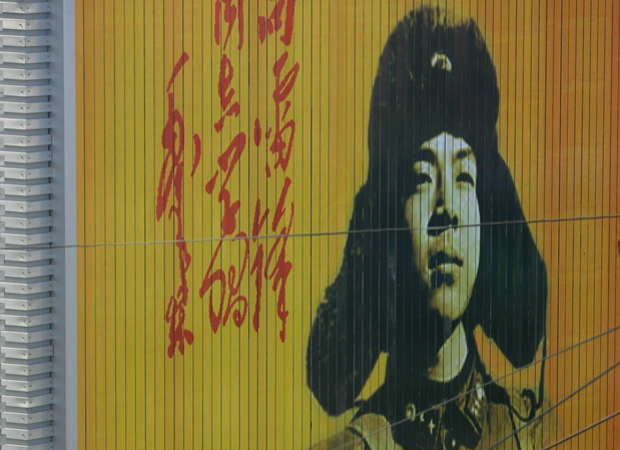

Roughly every decade, China’s political system cracks, its veil is rent, and its inner workings are laid bare. 2012, the Year of the Dragon, is turning out to be one of those periods when the country’s high priests can’t quite carry out their...
Contrary to previous understandings, Chinese Internet posts with negative, even vitriolic, criticism of the state, its leaders, and its policies are not more likely to be censored than posts without this content. Instead, this study shows that...
Since the end of World War II, the United States has developed a characteristic approach to protecting its interests in Asia. In peace and in war, the U.S. position in Asia has rested on a set of alliances, ground and air forces deployed on...
We have all heard the statistics. About how China is forecast to overtake the U.S. to be the largest economy in the world by 2027. How China already has 277 million mobile web users, of which 45 percent use their handsets to access music and 21...
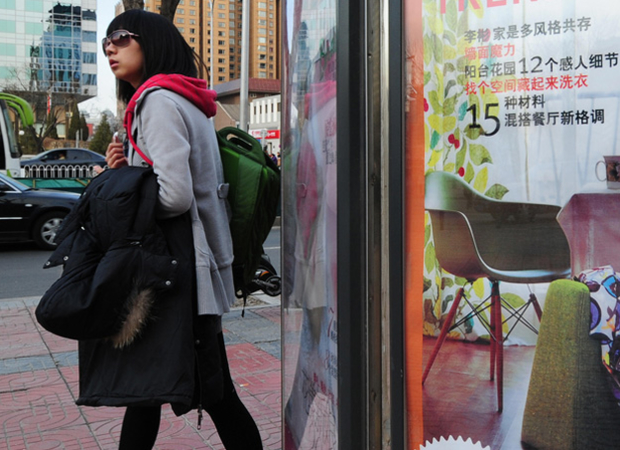
Considering that this was the week Zhang Ziyi found her name dragged through the mud on the Bo Xilai scandal, there couldn’t be a more topical subject for Sinica than the double standards that are often applied to women in China, and the way...
It’s a Sunday afternoon and Beijing’s biggest bookstore is preparing for a major event: the launch of a new book by a bestselling American author, who will be on hand for the occasion. Six-foot banners on the sidewalk out front announce the talk...
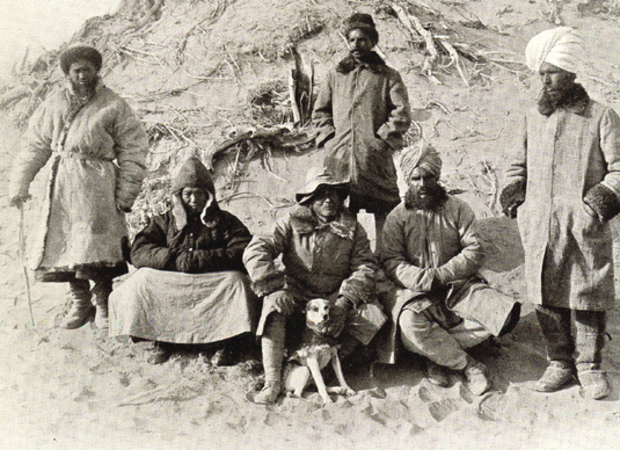
After his controversial involvement with the Tarim mummy excavations in Western Xinjiang, Victor Mair might just be the closest thing Sinology has to Indiana Jones, assuming the...
When I arrived at the London Book Fair on Monday, April 16, I saw a huge sign outside showing a cute Chinese boy holding an open book with the words underneath him: “China: Market Focus.” The special guest of this year’s fair was the Chinese...
Amnesty International surveys the landscape of human rights in China during 2011 and finds that China’s economic strength during the global financial crisis increased the country’s leverage in the domain of global human rights—mostly for the...

Forget the G-7 and the G-20; we are entering a leaderless "G- Zero" era—with profound implications for every country and corporation. The world power structure is facing a vacuum at the top. With the unifying urgency of the financial crisis behind us, the diverse political and economic values of the G-20 are curtailing the world's most powerful governments' ability to mediate growing global challenges. There is no viable alternative group to take its place. The United States lacks the resources and the political will to continue as the primary provider of global public goods.

More than two-thirds of the new airports under construction today are being built in China. Chinese airlines expect to triple their fleet size over the next decade and will account for the fastest-growing market for Boeing and Airbus. But the Chinese are determined to be more than customers. In 2011, China announced its Twelfth Five-Year Plan, which included the commitment to spend a quarter of a trillion dollars to jump-start its aerospace industry. Its goal is to produce the Boeings and Airbuses of the future.
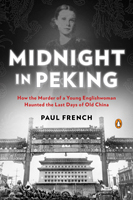
January, 1937: Peking is a heady mix of privilege and scandal, lavish cocktail bars and opium dens, warlords and corruption, rumors and superstition—and the clock is ticking down on all of it. In the exclusive Legation Quarter, the foreign residents wait nervously for the axe to fall. Japanese troops have already occupied Manchuria and are poised to advance south. Word has it that Chiang Kai-shek and his shaky government, long since fled to Nanking, are ready to cut a deal with Tokyo and leave Peking to its fate.
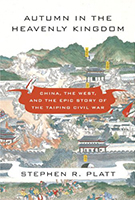
A gripping account of China’s nineteenth-century Taiping Rebellion, one of the largest civil wars in history, Autumn in the Heavenly Kingdom brims with unforgettable characters and vivid re-creations of massive and often gruesome battles—a sweeping yet intimate portrait of the conflict that shaped the fate of modern China. The story begins in the early 1850s, the waning years of the Qing dynasty, when word spread of a major revolution brewing in the provinces, led by a failed civil servant who claimed to be the son of God and brother of Jesus.

Joining Kaiser Kuo and Jeremy Goldkorn on Sinica this week are special guests Gady Epstein from the ...
China’s Communist Party dominates state and society in China, is committed to maintaining a permanent monopoly on power, and is intolerant of those who question its right to rule. Nonetheless, analysts consider China’s political system to be...
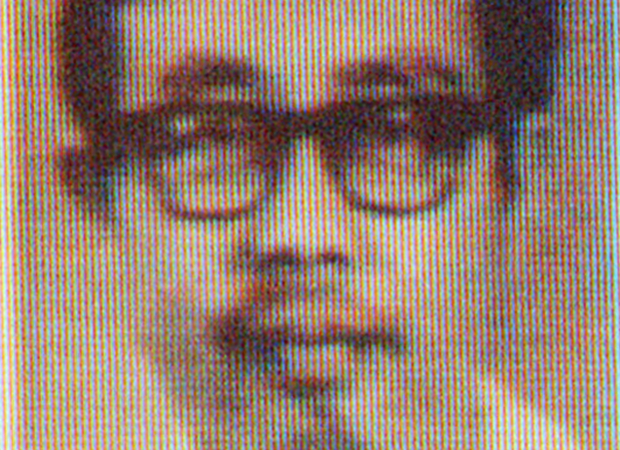
Fang Lizhi, a distinguished professor of astrophysics, luminary in the struggle for human rights in contemporary China, and frequent contributor to The New York Review, died suddenly on the morning of April 6. At age seventy-six he had...

The story of a blind Chinese lawyer’s flight to the US Embassy in Beijing is likely to ignite accusations and recriminations until the US presidential election in November. But what few will acknowledge is a harsher truth: that for all our desire...
By embarking on a low-carbon growth path, China’s cities can help reach the country’s targets for reducing the energy and carbon intensity of its economy, and become more livable, efficient, competitive, and ultimately sustainable. Cities...
Among emerging market currencies, the RMB holds the most potential to become widely used internationally, due to China‘s large economic size, diversified trade structure and network, macroeconomic stability, and high growth rates - both current...
Shocks to aggregate activity in China have a significant and persistent short-run impact on the price of oil and some base metals. In contrast, shocks to apparent commodity-specific consumption (in part reflecting inventory demand) have no effect...

The Chinese lawyer Chen Guangcheng, blind since childhood, self-taught in the law, defender of women’s rights to resist forced abortion, thorn in the side of local despots in his home district of Linyi in Shandong province, veteran of a four-year...
The composition of the new Politburo that will take power in late 2012, including generational attributes and individual idiosyncratic characteristics, group dynamics, and the factional balance of power, will have profound implications for China’...
It may be true, as is often observed, that if all the world’s economists were laid end to end, they would never reach a conclusion. It is all the more notable, therefore, that an increasing number of observers of China’s economy are skeptical...
In September 2011, a protest in a Guangdong village threatened to embarrass the province and its party secretary, Wang Yang, who is a candidate for membership on the powerful Politburo Standing Committee when the 18th Party Congress meets later...
As China’s 18th Party Congress looms, it is clear that we are now in the thick of transition. The impending transition creates uncertainty about China’s future, but it also opens up new possibilities. Already, the discussion of economic policies...
On 18 January 2012, General Logistics Department Deputy Director Liu Yuan reportedly gave a Chinese New Year speech in which he directly attacked military corruption in the ranks and promised a “do-or-die” fight against it. Within days, General...
President Ma Ying-jeou’s solid re-election victory on January 14 and the Kuomintang’s respectable showing in the Legislative Yuan (LY) contests not only eased anxiety in Beijing and Washington, but laid a foundation for yet further progress along...
This essay focuses in particular on the military’s role in leadership decision-making and lower-level implementation with regard to political-military crises with foreign powers. This is a difficult topic to tackle: very little detailed, reliable...

We hurriedly cleaned up the studio and tried to set a bit more of a romantic tone this week, a feat accomplished mostly by positioning small candles and trays of potpourri by the microphones. And why else than because our subject today is sex and...
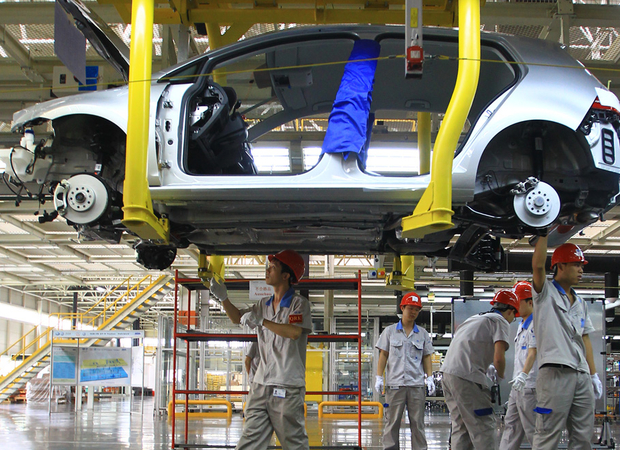
Even as the Beijing Auto Show prepares to toast the Chinese market with its typical mixture of sex and tech, industry insiders have been stunned by recent news showing the market share of domestic Chinese manufacturers falling relative to their...

In 1997 a small town in a remote part of China was shaken by violent protests that led to the imposition of martial law. Some said it was a peaceful demonstration that was brutally suppressed by the government; others that it was an act of terrorism. When Nick Holdstock arrived in 2001, the town was still bitterly divided. The main resentment was between the Uighurs (an ethnic minority in the region) and the Han (the ethnic majority in China).
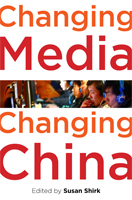
Thirty years ago, the Chinese Communist Party (CCP) made a fateful decision: to allow newspapers, magazines, television, and radio stations to compete in the marketplace instead of being financed exclusively by the government. The political and social implications of that decision are still unfolding as the Chinese government, media, and public adapt to the new information environment.
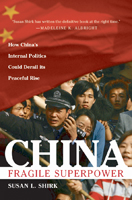
Once a sleeping giant, China today is the world's fastest growing economy—the leading manufacturer of cell phones, laptop computers, and digital cameras—a dramatic turn-around that alarms many Westerners. But in China: Fragile Superpower, Susan L. Shirk opens up the black box of Chinese politics and finds that the real danger lies elsewhere—not in China's astonishing growth, but in the deep insecurity of its leaders. China's leaders face a troubling paradox: the more developed and prosperous the country becomes, the more insecure and threatened they feel.
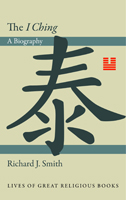
The I Ching originated in China as a divination manual more than three thousand years ago. In 136 BCE the emperor declared it a Confucian classic, and in the centuries that followed, this work had a profound influence on the philosophy, religion, art, literature, politics, science, technology, and medicine of various cultures throughout East Asia. Jesuit missionaries brought knowledge of the I Ching to Europe in the seventeenth century, and the American counterculture embraced it in the 1960s.
The conflicting mandates and lack of coordination among Chinese government agencies, many of which strive to increase their power and budget, have stoked tensions in the South China Sea. Any future solution to the South China Sea disputes will...
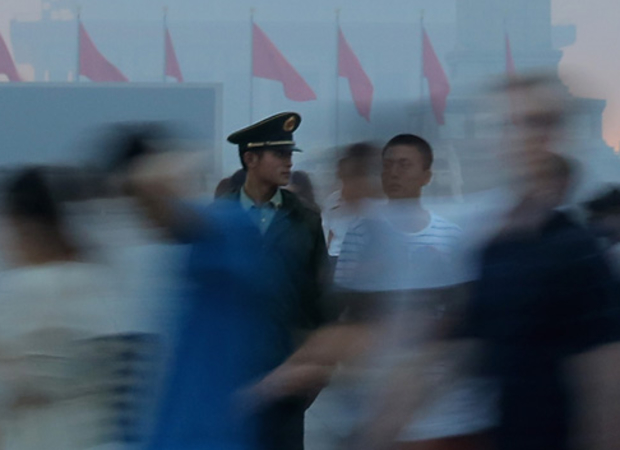
When I arrived at the London Book Fair on Monday, I saw a huge sign outside showing a cute Chinese boy holding an open book with the words underneath him: “China: Market Focus.” The special guest of this year’s fair was the Chinese Communist...

Many Americans know China for manufacturing cheap products, thanks largely to the country's vast supply of low-cost workers. But China is changing, and the glut of cheap labor that has made everyday low prices possible is drying up as the Chinese people seek not to make iPhones, but to buy them.
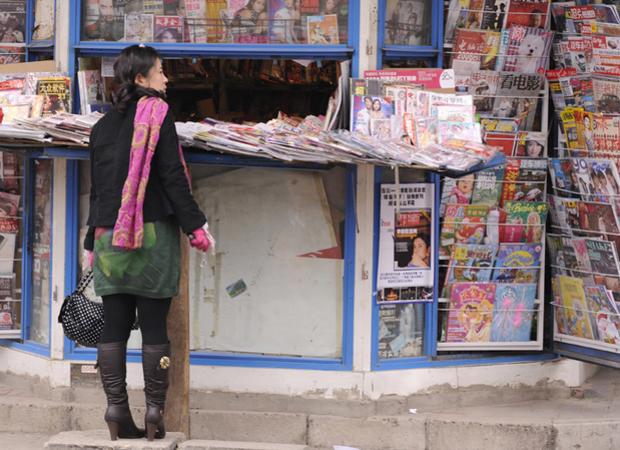
In one of the juicier quotes making the rounds on social networks this week, a private equity investor in Shanghai savaged the Chinese media for its unblinking corruption, quipping to The New York Times that “if one of my companies came...

The origin of political modernity has long been tied to the Western history of protest and revolution, the currents of which many believe sparked popular dissent worldwide. Reviewing nearly one thousand instances of protest in China from the eighteenth to the early-nineteenth centuries, Ho-fung Hung charts an evolution of Chinese dissent that stands apart from Western trends.
Tian Qing may be China’s leading cultural heritage expert. A scholar of Buddhist musicology and the Chinese zither, or guqin, the sixty-four-year-old now heads the Chinese Intangible Cultural Heritage Protection Center, an institution...

Heard the bad news? Word on the street is that Fat Package passed away in a Suzhou bar last month. We never really moved in the same circles as the guy, but if true we’ll miss his presence in town. Even while we were hustling to make ends meet...
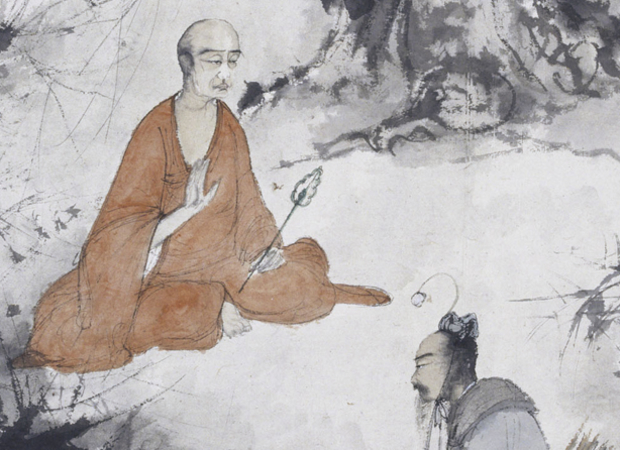
How should one assess the best ways to survive in a revolution? What exactly is the tipping point between obedience and outright sycophancy? When does one try to hold on to the values that gave meaning to one’s upbringing, and when is it best to...